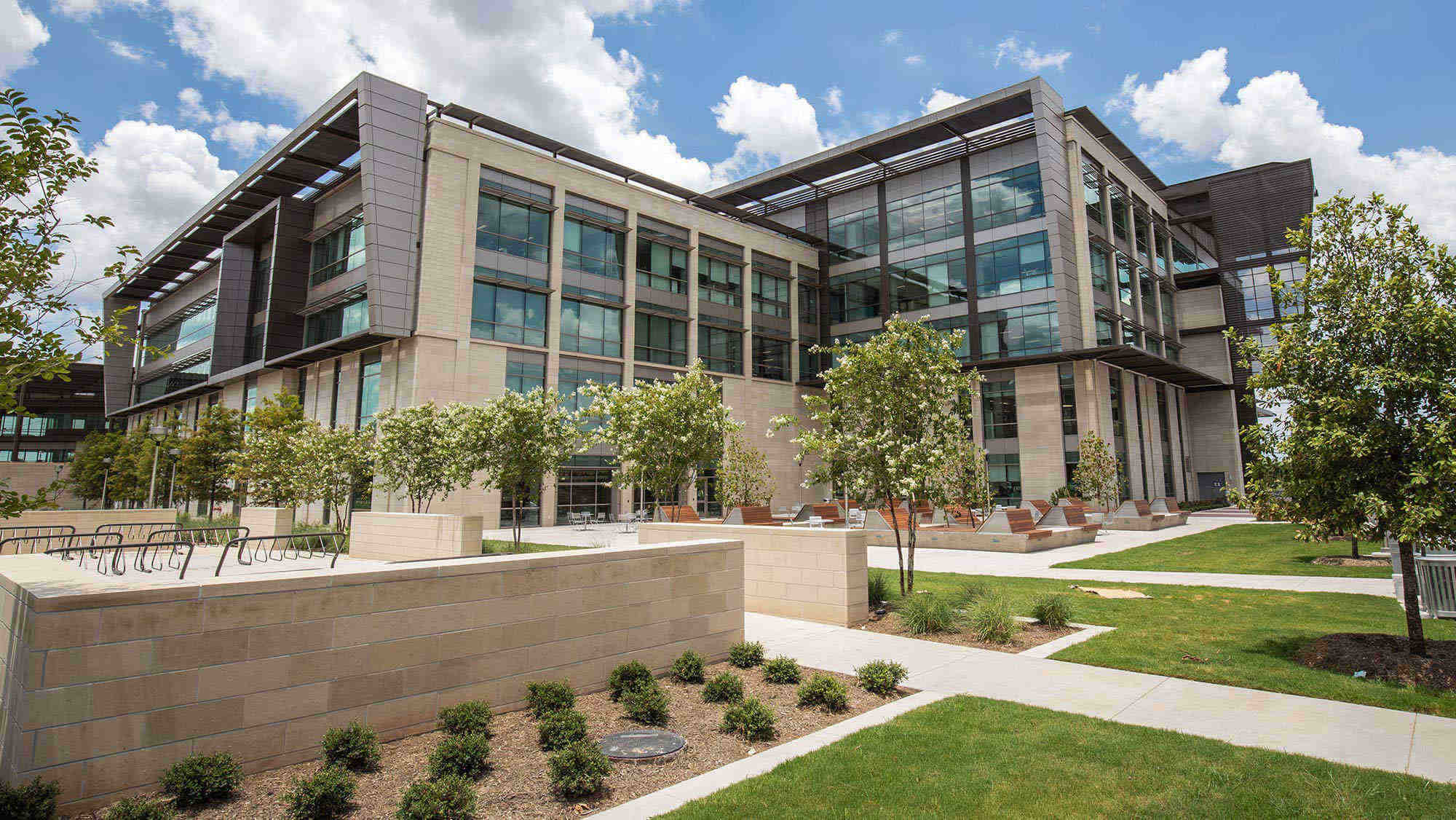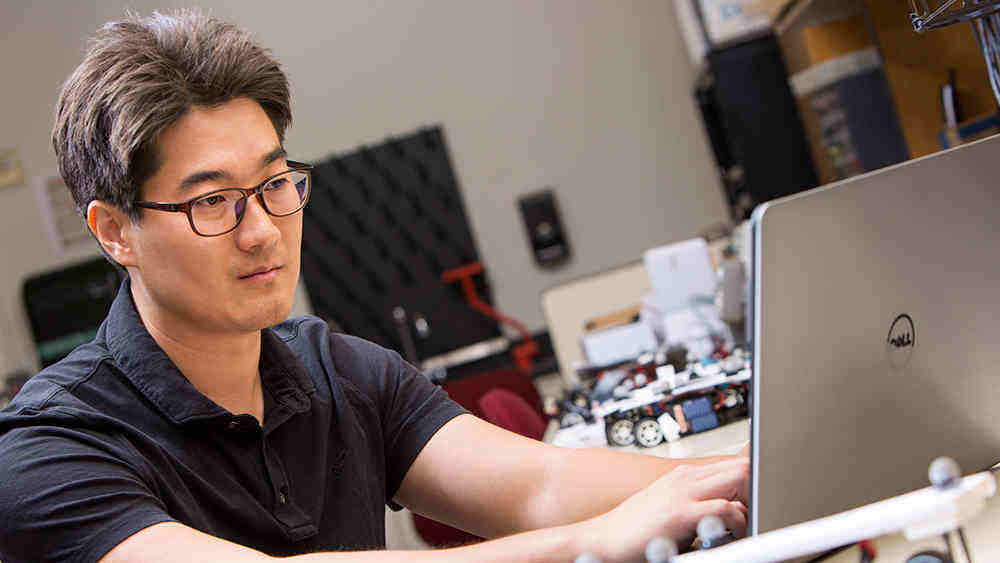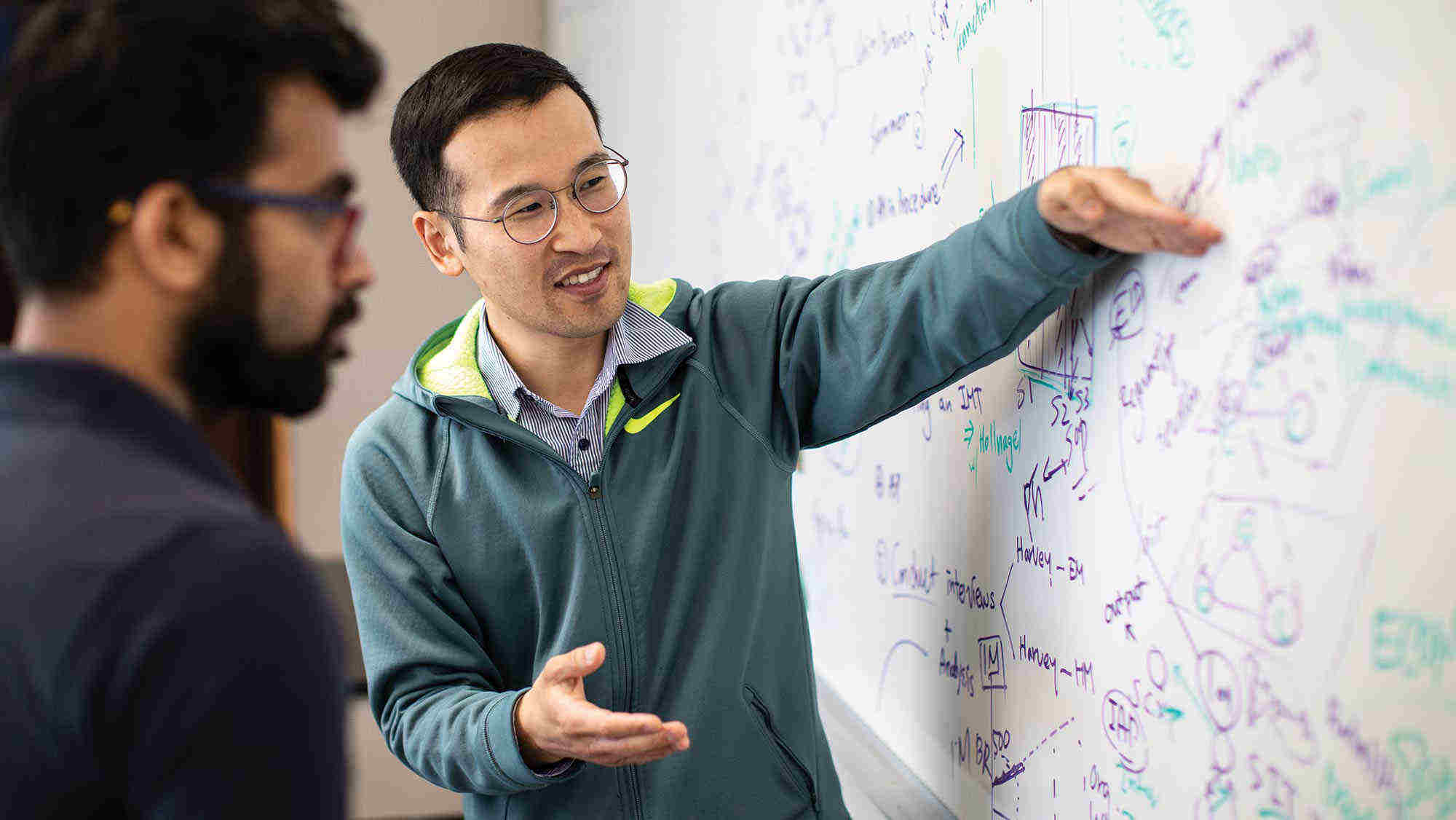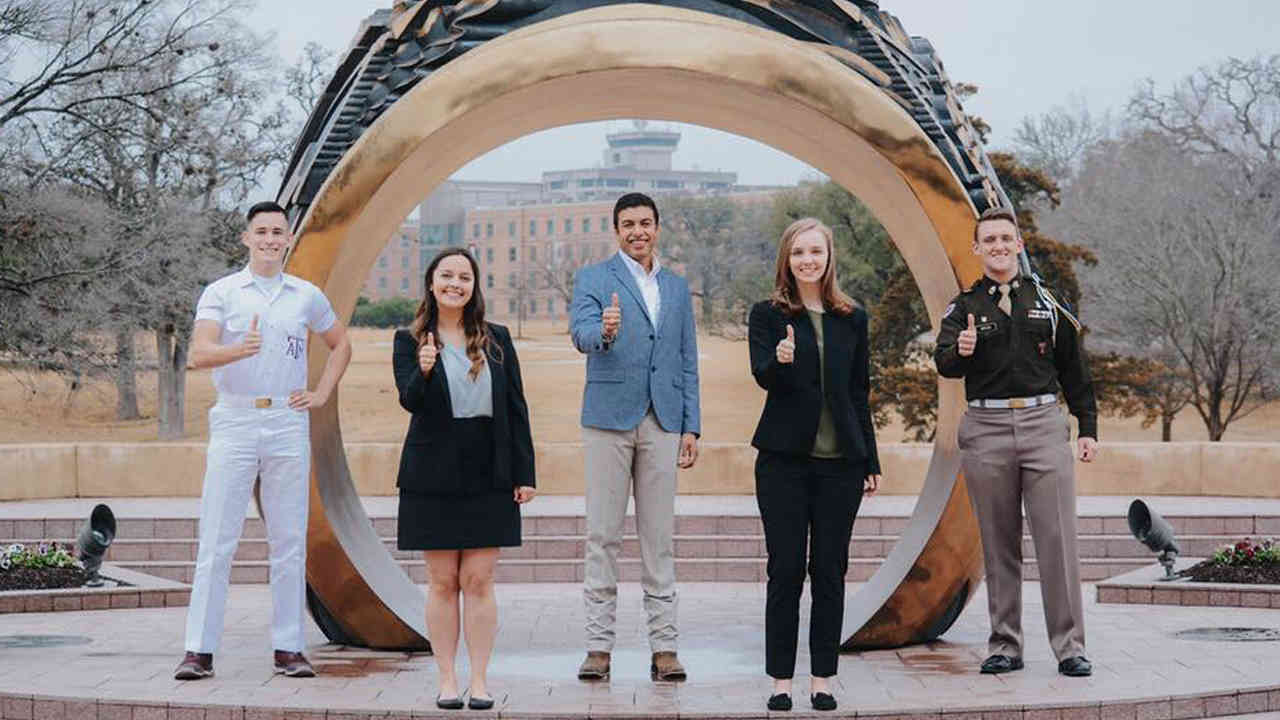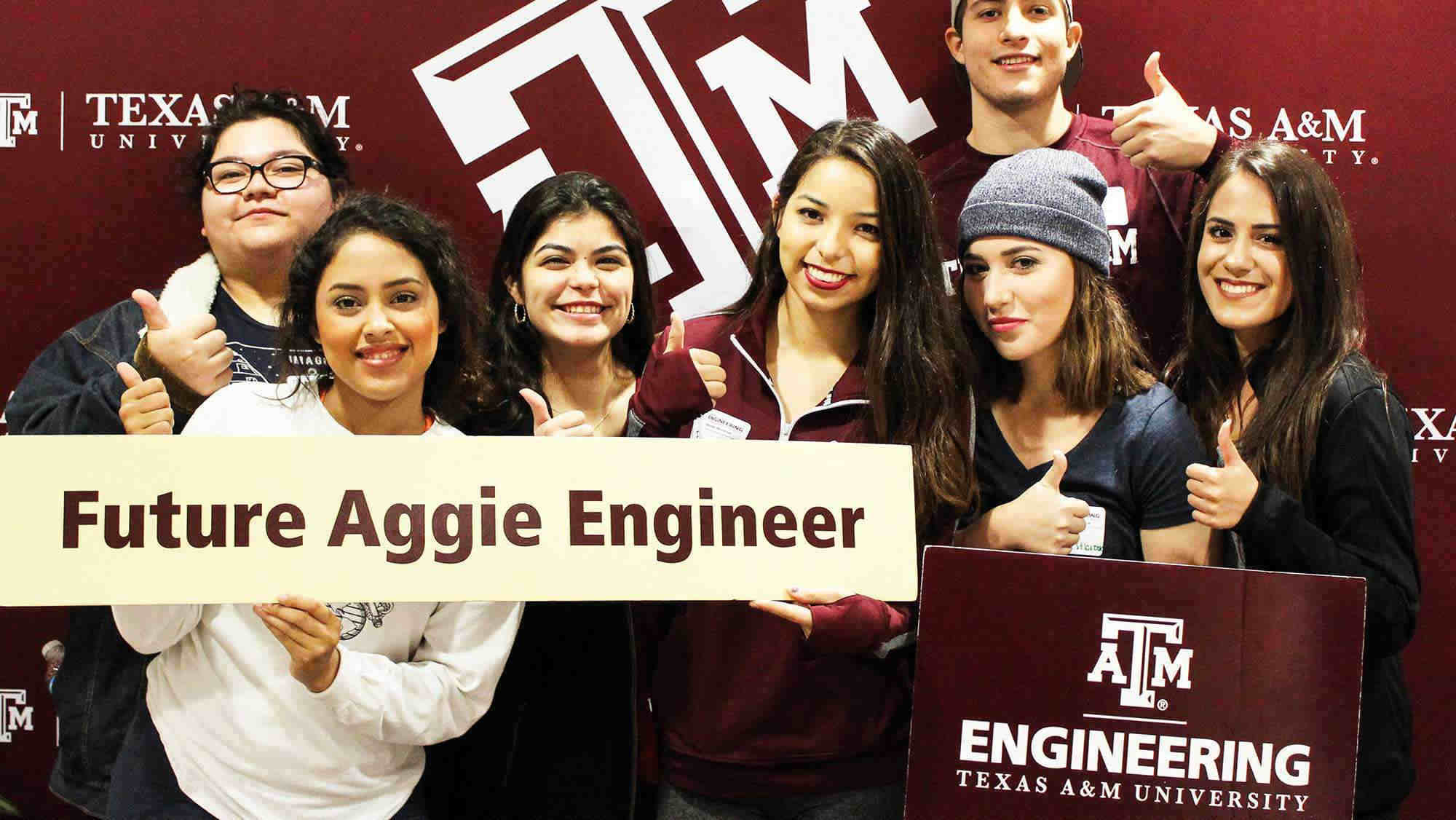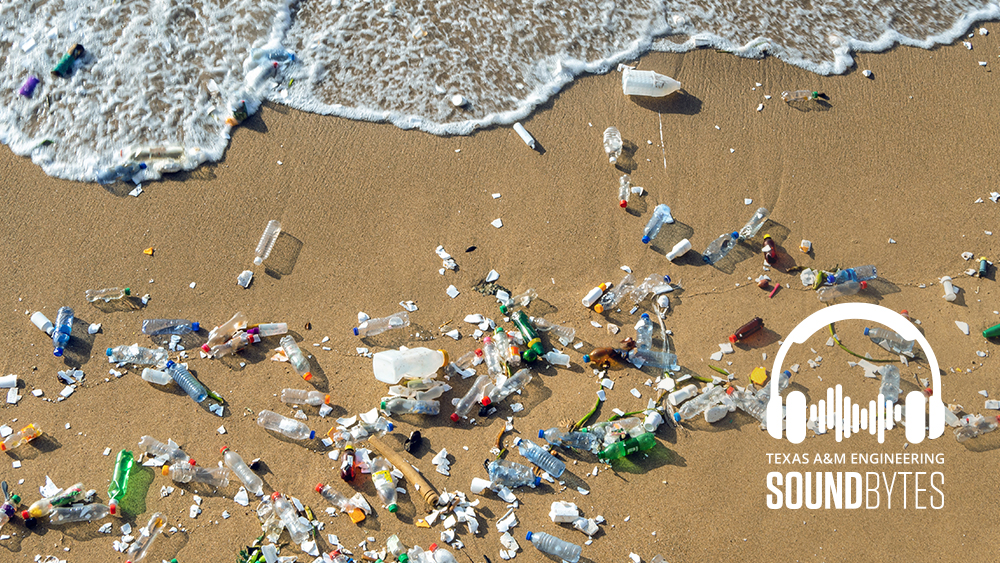
Plastic waste is plaguing our planet, filling landfills and oceans with trash. However, researchers at Texas A&M University are working with bacteria that feed on wastewater sludge to harness a byproduct of this process — materials that can be used to develop biodegradable bioplastics.
On the most recent episode of Engineer This!, our hosts talked with Dr. Bella Chu, professor in the Department of Civil and Environmental Engineering, and doctoral student Fahad Asiri, to learn how they are finding ways to innovate the plastics industry, ranging from aquaculture to medical fields to the plastic bottles we use every day.
“Those bioplastics are a replacement for conventional fossil fuel plastics produced from the petroleum industry,” Asiri said. “By using bacteria in the lab, we can grow them in bioreactors to produce bioplastics. And those bioplastics, they have chemical and physical characteristics similar to the conventional plastics, but they are biodegradable so that we can now tackle the issue of having non-degradable plastics.”
In this research, the team is working with the aquacultural industry using bacteria that feed on the waste produced by the fish to develop the materials necessary for the bioplastics. As an environmental engineer, Chu said it’s important for her to look for creative solutions to help solve global pollution issues.
“The global population has to come together and realize we had to solve this plastic problem,” Chu said.
These comments are part of a larger conversation. To hear more, listen to this Engineering SoundBytes podcast episode on any major audio platform or on our BuzzSprout Homepage.
